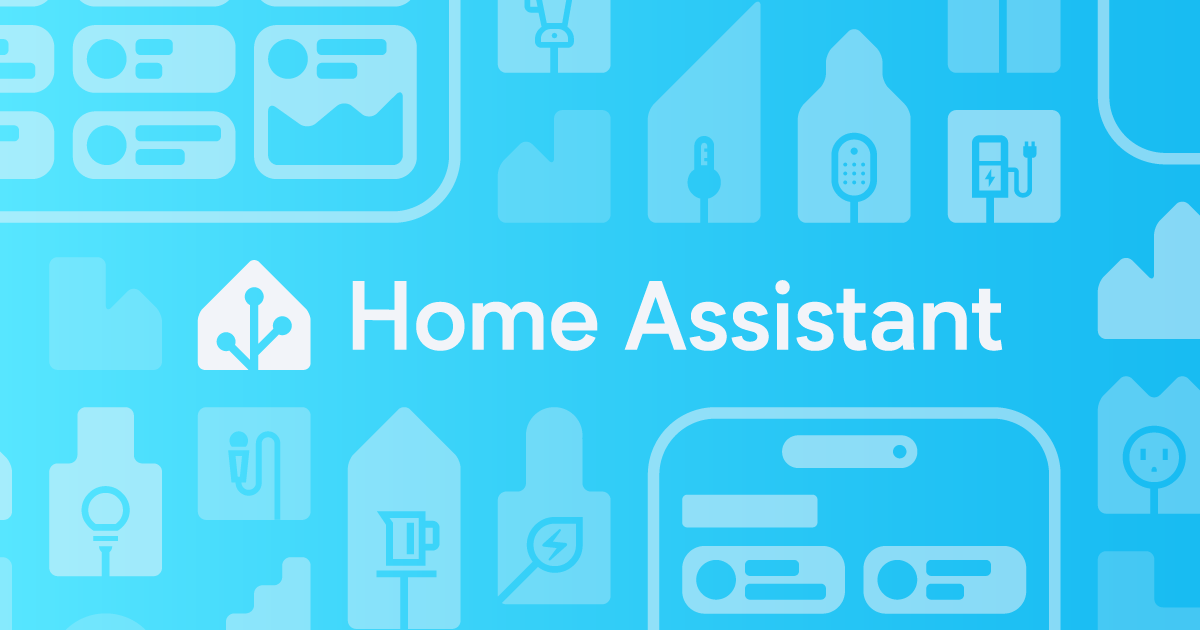
Smart homes have become increasingly popular in recent years, promising convenience, security, and energy efficiency. But do they really live up to their claims of saving energy? This question has sparked a lot of debate among homeowners and experts alike. In this article, we will delve into the topic and explore the potential energy-saving benefits of smart home technology.
The Search for Evidence
Despite the increasing adoption of smart home devices, there is a surprising lack of scientific studies that definitively prove their energy-saving capabilities. Many homeowners, like Simon, have observed changes in their energy consumption after implementing smart home automation, but these anecdotes are not enough to draw conclusive evidence.
Simon, for instance, noticed a drop in his electricity usage by 4% and a significant 23% reduction in gas usage after implementing home automation. However, he recognizes that these fluctuations could be attributed to normal variations or climate variations. It is important to note that global warming cannot solely be credited for these energy reductions.
The Role of Temperature Settings
One key aspect of smart homes’ energy efficiency revolves around temperature control. By integrating smart thermostats and sensors, homeowners can optimize their heating and cooling systems based on activity and occupancy levels. The idea is to reduce energy waste by minimizing heating or cooling when nobody is present or when the weather permits.
Some argue that lowering the temperature when the house is unoccupied does not make sense. However, the science behind heat loss proves otherwise. Heat loss is directly proportional to temperature difference, which is why experts now recommend setting temperatures at 19°C or even lower. Each degree added to the desired temperature increases energy consumption, leading to higher bills.
It is essential to consider insulation quality and boiler efficiency when assessing the energy-saving potential of temperature adjustments. Assuming good insulation and an efficient boiler, running the heating system at 22°C instead of 19°C can result in a 37% higher energy cost. This evidence supports the logic of reducing the temperature when the house is unoccupied for extended periods.
Maximizing Energy Savings with Automation
Smart home automation goes beyond temperature control. By utilizing data collected from various sensors and devices, homeowners can automate energy-saving actions. For instance, lights and appliances can be programmed to turn off automatically when a room is unoccupied, reducing unnecessary energy consumption.
The key to realizing energy savings with smart home devices lies in acting upon the data they provide. Smart meters, often associated with energy savings, are only effective when homeowners actively use the information and make necessary changes in their behavior. Simply relying on automation is a step in the right direction, but true energy savings come from combining automation with conscious choices.
FAQs
Q: Are smart homes worth the investment if the energy-saving benefits are not guaranteed?
A: While the energy-saving benefits of smart homes may not be definitively proven, there are other advantages to consider, such as convenience, security, and potential cost savings in the long run. Additionally, future advancements in smart home technology may further enhance energy efficiency.
Q: Can smart home devices be integrated into existing homes?
A: Yes, smart home devices can be easily integrated into existing homes. Many devices are designed to work with common communication protocols, allowing homeowners to retrofit their homes with smart technology without major renovations.
Conclusion
While there is still a lack of scientific evidence confirming the energy-saving benefits of smart homes, many homeowners, like Simon, have reported positive changes in their energy consumption. Smart home technology offers the potential for optimized temperature control, automated energy-saving actions, and increased awareness of energy usage. Ultimately, the decision to adopt smart home technology should be based on personal preferences and priorities, considering the broader benefits it offers beyond energy efficiency.
